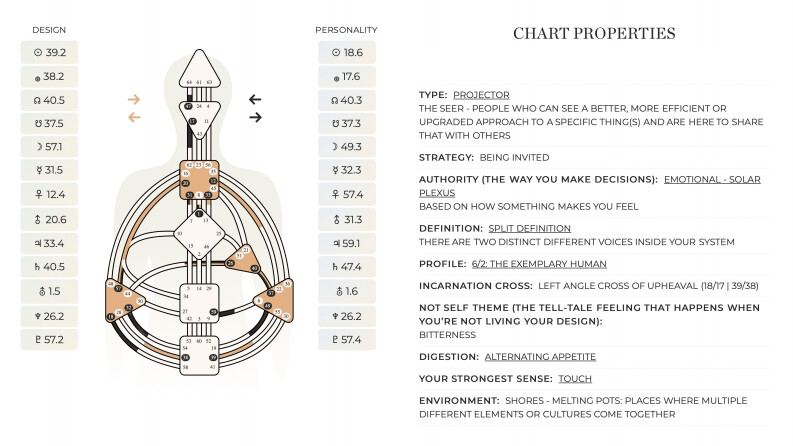I think that one major part of the deal with astrological ‘predictions’ is that cognitive and perceptual bias are very real phenomena. They influence our experience of the world a lot.
The natal chart is supported by Confirmation Bias. In other words, we tend to see what we’re expecting to see or what we’re ‘wired’ to see. The natal chart tells you what you are ‘wired’ to experience and to see.
It’s much easier to predict a person who is not aware of or involved in his own ‘wiring’ or ‘programming’.
You can see this outside of astrology as well. For example, you can see it in conventional mental health issues.
A person who is living with paranoid schizophrenia is going to experience himself or herself being spied on and oppressed by malevolent forces. There are tons of plausible and real malevolent forces to choose from, and if none of those suffice, the person will readily construct a few using imagination.
This pattern is more obvious and easy to observe in a person who is currently experiencing psychosis, but, in fact, the same dynamic occurs in all of us.
- We project an experience onto the world.
- We ‘forget’ or erase the evidence that we are the ones who projected it.
- We relate to the experience as a purely external ‘reality’.
Unhealthy minds do it. And healthy minds do it too. Healthy minds just do it in more socially acceptable ways.
Astrologers. Con men. Illusionists. Salespeople. Artists. Anyone whose work involves influencing people or guiding people’s impressions. They all make use of our patterns of involuntary ‘Reality Projection’.
A skilled artist can draw 3 or 4 simple lines. Your brain will then unconsciously fill in the rest of the picture using imagination. And when that’s done you’ll even say, ‘wow, what an incredible picture! How did the artist draw that?’
Astrology is one of many systems that describes the patterns of your involuntary or unconscious ‘programming’, the patterns of your projecting.
And one of the first steps in improving the relationship to your programming is to find some systems that can accurately describe that programming. Such systems help us to, as Carl Jung said, ‘make the unconscious, conscious’.
As with most things, it’s a good idea to observe your programming for a bit, and to gain at least a little understanding of it, before you start mucking about with it.



 9th
9th 3rd
3rd




